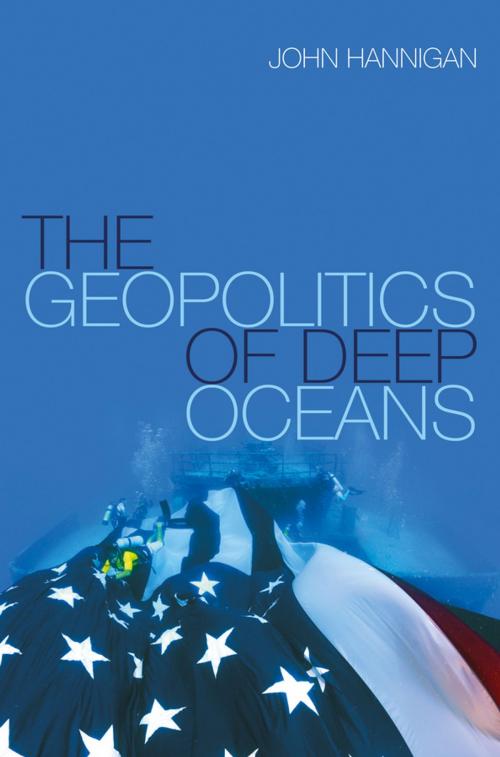The Geopolitics of Deep Oceans
Nonfiction, Social & Cultural Studies, Political Science, Government, Public Policy| Author: | John Hannigan | ISBN: | 9781509500949 |
| Publisher: | Wiley | Publication: | November 30, 2015 |
| Imprint: | Polity | Language: | English |
| Author: | John Hannigan |
| ISBN: | 9781509500949 |
| Publisher: | Wiley |
| Publication: | November 30, 2015 |
| Imprint: | Polity |
| Language: | English |
Long regarded as an empty and inhospitable environment, the deep ocean is rapidly emerging as an ecological hot spot with a remarkable diversity of biological life. Yet, the world's oceans are currently on a dangerous trajectory of decline, threatened by acidification, oil and gas drilling, overfishing, and, in the long term, deep-sea mining, bioprospecting, and geo-engineering.
In The Geopolitics of Deep Oceans, noted environmental sociologist John Hannigan examines the past, present and future of our planet's 'final frontier'. The author argues that our understanding of the deep - its definition, boundaries, value, ownership, health and future state - depends on whether we see it first and foremost as a resource cornucopia, a political chessboard, a shared commons, or a unique and threatened ecology. He concludes by locating a new storyline that imagines the oceans as a canary-in-the-mineshaft for gauging the impact of global climate change.
The Geopolitics of Deep Oceans is a unique introduction to the geography, law, politics and sociology of the sub-surface ocean. It will appeal to anyone seriously concerned about the present state and future fate of the largest single habitat for life on our planet.
Long regarded as an empty and inhospitable environment, the deep ocean is rapidly emerging as an ecological hot spot with a remarkable diversity of biological life. Yet, the world's oceans are currently on a dangerous trajectory of decline, threatened by acidification, oil and gas drilling, overfishing, and, in the long term, deep-sea mining, bioprospecting, and geo-engineering.
In The Geopolitics of Deep Oceans, noted environmental sociologist John Hannigan examines the past, present and future of our planet's 'final frontier'. The author argues that our understanding of the deep - its definition, boundaries, value, ownership, health and future state - depends on whether we see it first and foremost as a resource cornucopia, a political chessboard, a shared commons, or a unique and threatened ecology. He concludes by locating a new storyline that imagines the oceans as a canary-in-the-mineshaft for gauging the impact of global climate change.
The Geopolitics of Deep Oceans is a unique introduction to the geography, law, politics and sociology of the sub-surface ocean. It will appeal to anyone seriously concerned about the present state and future fate of the largest single habitat for life on our planet.















